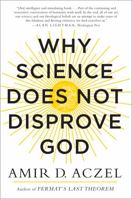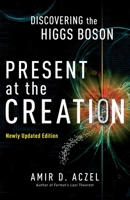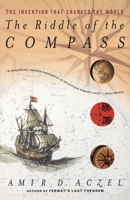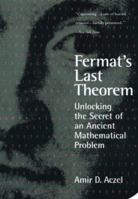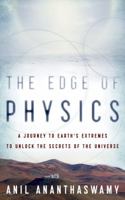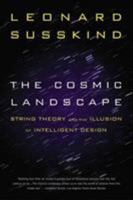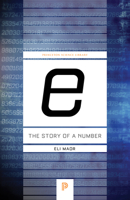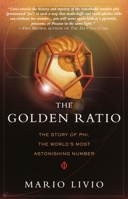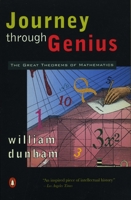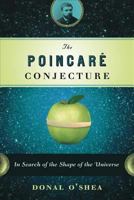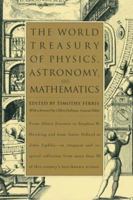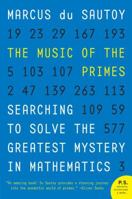Descartes's Secret Notebook: A True Tale of Mathematics, Mysticism, and the Quest to Understand the Universe
Select Format
Select Condition 
You Might Also Enjoy
Book Overview
Customer Reviews
Rated 5 starsIt Depends on what you are looking for....Great Basic History of Descarte
I'm a Mechanical Engineer with enough Mathematics and Philosophy study in my past to have a basic understanding of Descartes. I went into the book with no knowledge of Aczel, the secret notebook, or of the details of Descartes life. With that said I found the book to be great. I walked away understanding much more of Descartes' life and studies. I feel the secret notebook was addressed fairly well through out hinting that...
0Report
Rated 5 starsDescartes Newly Appreciated
"I think, therefore I am." You may well know this famous phrase, and even if you don't know Latin, you may well recognize the original "Cogito Ergo Sum." This was the start of the philosophic treatise of René Descartes, the seventeenth-century philosopher and mathematician. Descartes has been enormously influential, but because he had to be careful what church authorities knew about what he was working on, some of his mathematical...
0Report
Rated 5 starsAn Entertaining Biography of a Major Philosopher
I found this book to be an excellent introduction to the life of Rene Descartes, one of the most important philosophers of Western culture. Descartes' life was extremely unusual: he slept late every morning and woke up whenever he felt like it; he paticipated in battles, duels, and defended himself against pirates on the high seas. Aczel argues convincingly that Descartes may also have been a member of the Rosicrucians...
0Report
Rated 5 starsFascinating Look at the Life, Thought and Mystery That Was Rene Descartes
To look at a portrait of Descartes, one would consider him somewhat of a fop. And if one were to strictly consider Descartes' contributions to mathematics and philosophy, then he might be seen as a nerdish fop. But this portrait couldn't be farther from the reality that was Descartes' life. He was a world traveler and adventurer in addition to being one of the most brilliant minds the world has produced - before or since...
0Report
Rated 5 starsAn Intriguing Journey through the Life of a Genius
This biographical sketch of René Descartes makes for truly fascinating reading. Although not what one would expect in a full-length biography, this book covers the highlights of Descartes' life and works. The intrigue stems from Descartes' secretiveness regarding some of his work - more specifically, that pertaining to the possible workings of the universe. This secrecy - a sign of the times in which he lived - resulted in...
0Report











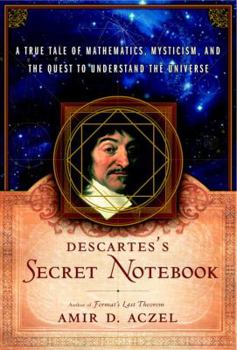

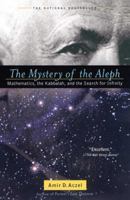
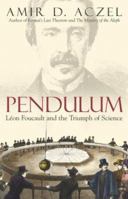
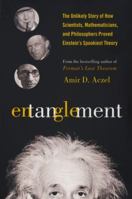
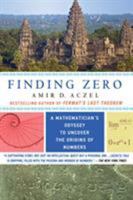
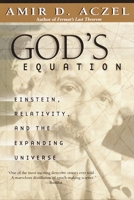
![An Imaginary Tale: The Story of "i" [the square root of minus one]](https://i.thriftbooks.com/api/imagehandler/s/7BB11273A7273263AEE912E666E12791B1D8172A.jpeg)
